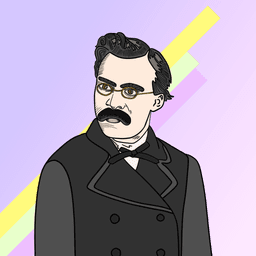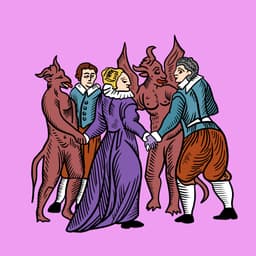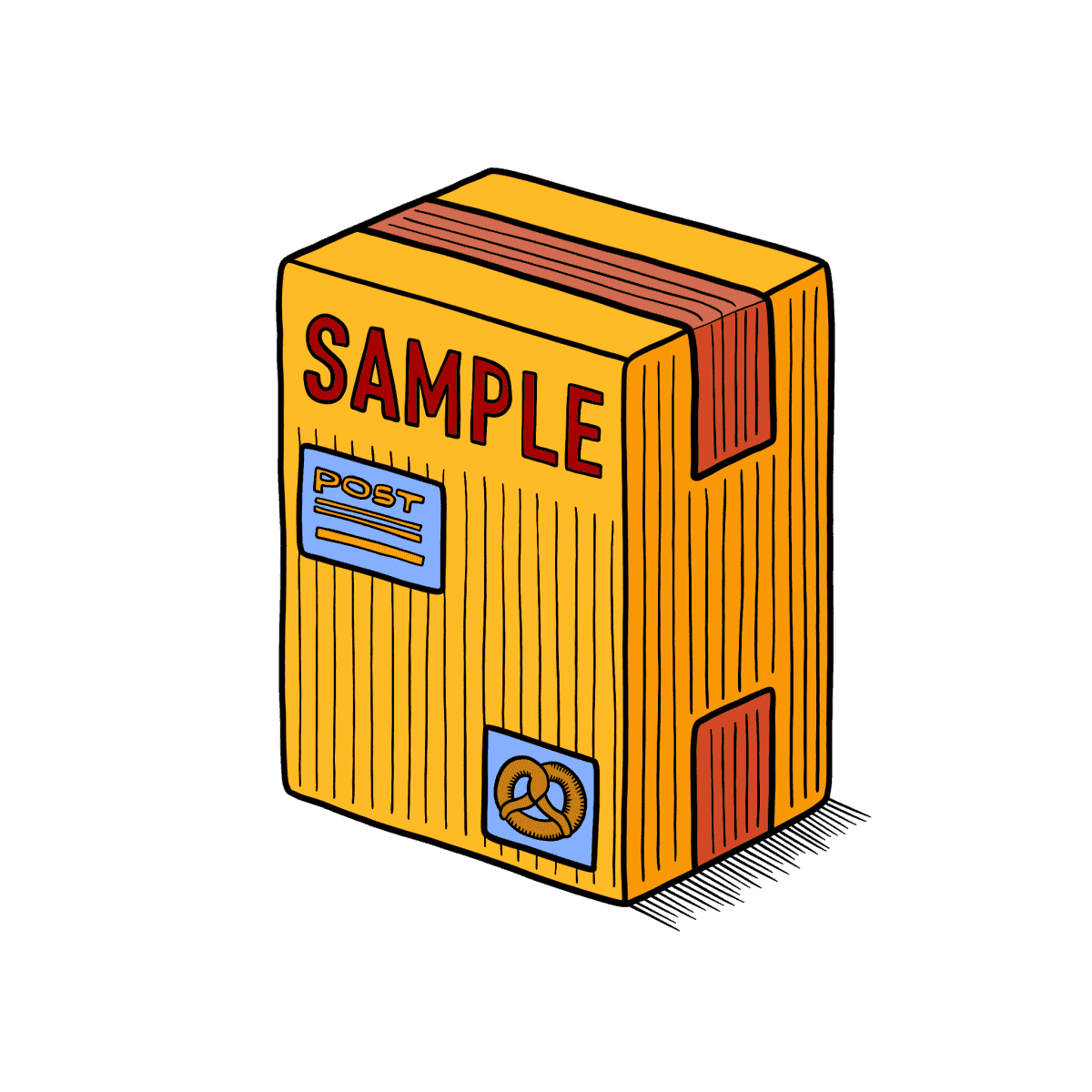German Interrogative Pronouns
Learn how to use German interrogative pronouns (Fragepronomen) like 'wer,' 'was,' and 'welcher' correctly. Understand their declensions, case changes, and common usage patterns.

Interrogative pronouns (Fragepronomen) are used to ask for specific information about people, things, or circumstances. They correspond to English words like "who," "what," "which," and "whom." In German, interrogative pronouns decline based on case, and some also change for gender and number.
Mastering these pronouns is crucial for forming precise questions in German.
Overview of German Interrogative Pronouns
The main German interrogative pronouns are:
| Pronoun | Meaning | Example |
|---|---|---|
| wer | who | Wer hat das gesagt? (Who said that?) |
| was | what | Was möchtest du trinken? (What would you like to drink?) |
| welcher/welche/welches | which | Welches Auto gehört dir? (Which car belongs to you?) |
| wen | whom (accusative) | Wen hast du eingeladen? (Whom did you invite?) |
| wem | whom (dative) | Wem gehört dieses Buch? (To whom does this book belong?) |
| wessen | whose | Wessen Tasche ist das? (Whose bag is that?) |
These pronouns adapt to different grammatical cases, which influence their form and usage.
Declension of "wer" (who)
The interrogative pronoun wer is used to ask about a person in the nominative case but changes in the accusative, dative, and genitive cases.
| Case | Form | Example |
|---|---|---|
| Nominative | wer | Wer kommt mit? (Who is coming along?) |
| Accusative | wen | Wen siehst du? (Whom do you see?) |
| Dative | wem | Wem hast du geholfen? (Whom did you help?) |
| Genitive | wessen | Wessen Idee war das? (Whose idea was that?) |
- Wer is used for the subject of the sentence.
- Wen is used when the person is the direct object.
- Wem is used when the person is the indirect object.
- Wessen indicates possession.
Usage of "was" (what)
The pronoun was is used to ask about things, concepts, or abstract ideas. It does not change for case.
Common patterns with was:
- Was ist das? (What is this?)
- Was machst du? (What are you doing?)
- Was bedeutet dieses Wort? (What does this word mean?)
Fixed expressions with was:
- An was denkst du? → Alternative to "Woran denkst du?" (What are you thinking about?)
- Mit was schreibst du? → Alternative to "Womit schreibst du?" (What are you writing with?)
While the prepositional forms woran, womit, wofür are more formal and grammatically preferred, colloquial German often uses was instead.
The Declension of "welcher" (which)
The pronoun welcher behaves like an adjective and changes according to gender, number, and case.
Nominative case (subject of the sentence):
| Gender | Form | Example |
|---|---|---|
| Masculine | welcher | Welcher Film gefällt dir? (Which movie do you like?) |
| Feminine | welche | Welche Farbe magst du? (Which color do you like?) |
| Neuter | welches | Welches Buch liest du? (Which book are you reading?) |
| Plural | welche | Welche Schuhe kaufst du? (Which shoes are you buying?) |
Accusative case (direct object):
| Gender | Form | Example |
|---|---|---|
| Masculine | welchen | Welchen Kuchen nimmst du? (Which cake are you taking?) |
| Feminine | welche | Welche Tasche kaufst du? (Which bag are you buying?) |
| Neuter | welches | Welches Buch liest du? (Which book are you reading?) |
| Plural | welche | Welche Blumen hast du gekauft? (Which flowers did you buy?) |
- Welcher must agree with the noun in gender and case.
- It follows the same pattern as der/die/das articles.
Difference Between "was" and "welcher"
- Was asks for general information: Was möchtest du? (What do you want?)
- Welcher selects from a known set: Welchen Wein möchtest du? (Which wine do you want?)
Use was when the answer is open-ended and welcher when a choice is implied.
The Cases of "wen," "wem," and "wessen"
When to use "wen" (accusative - direct object)
Use wen when asking about the direct object of the verb:
- Wen liebst du? (Whom do you love?)
- Wen hast du getroffen? (Whom did you meet?)
When to use "wem" (dative - indirect object)
Use wem when asking about the indirect object (often receiving something):
- Wem gehört das Buch? (To whom does the book belong?)
- Wem hast du geholfen? (Whom did you help?)
When to use "wessen" (genitive - possession)
Use wessen when asking about possession:
- Wessen Auto ist das? (Whose car is that?)
- Wessen Idee war das? (Whose idea was that?)
Prepositional Interrogative Pronouns
In German, interrogative pronouns combine with prepositions to form prepositional questions. These constructions often begin with wo- for inanimate objects and welcher/wen/wem for people.
Common prepositional question words
| Preposition | Inanimate Object | Person |
|---|---|---|
| mit (with) | Womit schreibst du? (What are you writing with?) | Mit wem gehst du? (With whom are you going?) |
| von (from) | Wovon sprichst du? (What are you talking about?) | Von wem hast du das gehört? (From whom did you hear that?) |
| über (about) | Worüber lachst du? (What are you laughing about?) | Über wen redest du? (About whom are you talking?) |
| für (for) | Wofür interessierst du dich? (What are you interested in?) | Für wen kaufst du das? (For whom are you buying that?) |
Conclusion
German interrogative pronouns are essential for asking precise questions. They decline according to case, and some adjust for gender and number. Key takeaways:
- Wer (who), was (what), and welcher (which) are the main question words.
- Wen, wem, and wessen are case-dependent forms of wer.
- Welcher declines like an adjective and follows noun gender.
- Prepositional questions often use wo- for things and wem/wen for people.
Mastering these forms will greatly improve your ability to ask detailed questions in German!




